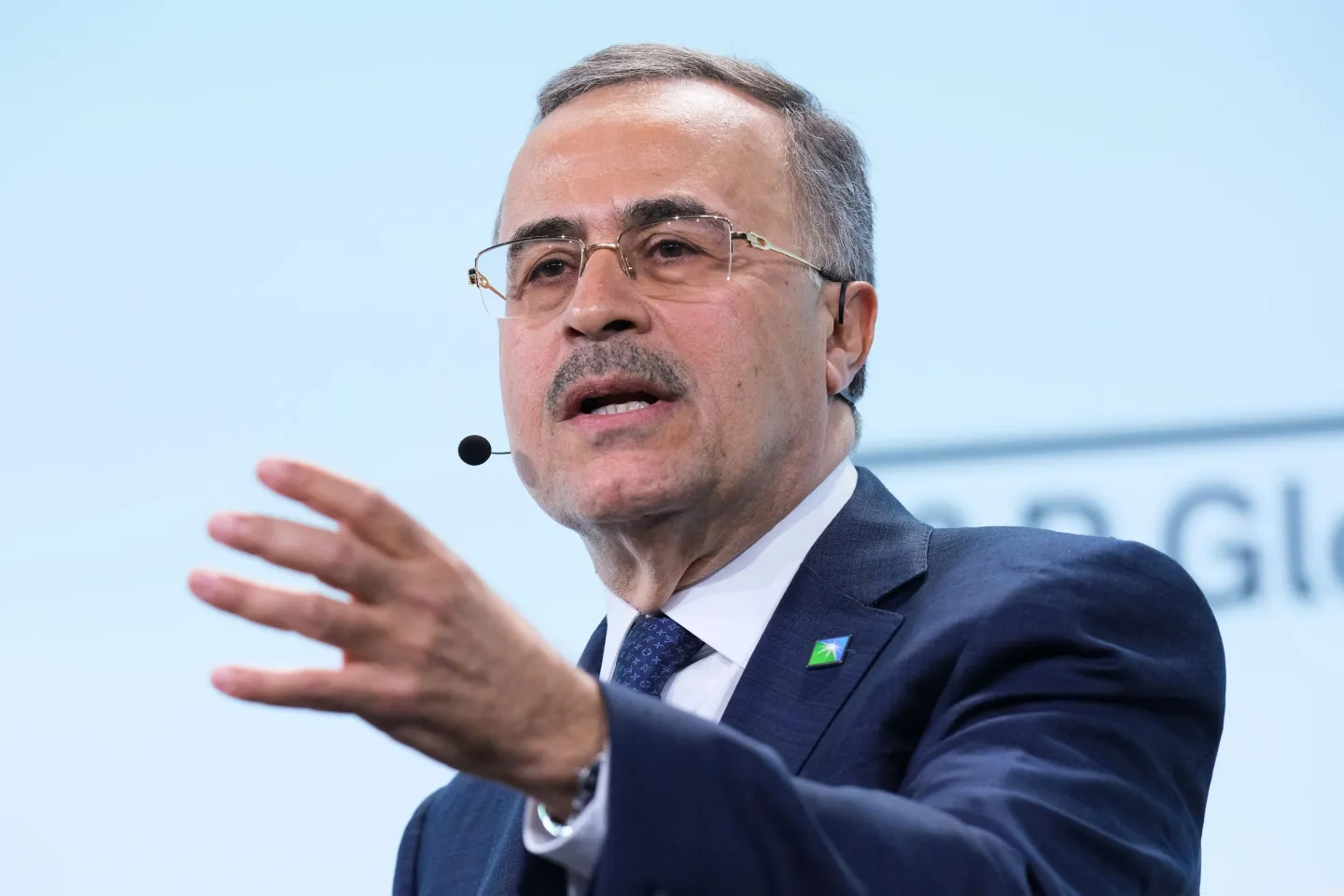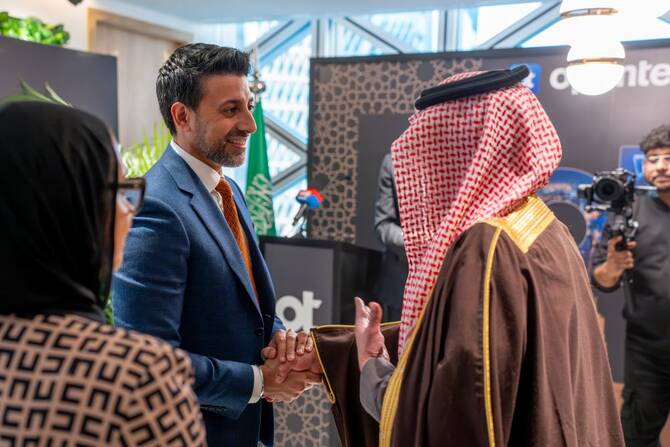A global reassessment of the energy transition is currently underway, as long-term investment in oil and gas remains essential to meet the world’s rising energy demand, according to Amin H. Nasser, President and CEO of Aramco.
Speaking at the Energy Intelligence Forum in London, Nasser emphasized that future energy policies must be grounded in supply realism and genuine demand growth, warning against unrealistic expectations that traditional fuels can be rapidly phased out.
He noted that Aramco continues to expand its oil, gas, and chemicals portfolio, while simultaneously advancing strategic investments in technology and digital infrastructure to sustain long-term growth in an evolving global market.
“Much of the promised progress has not been delivered, with many unintended consequences,” Nasser said. “In reality, this is not a true energy transition — it’s an energy addition that requires all hands on deck.”
He pointed out that major global forecasters have revised their outlooks, now projecting that oil and gas will remain core components of the global energy mix for decades to come, underscoring the need for continued, long-term investment in both sectors.
This assessment aligns with several industry forecasts. Fitch Ratings projects that global oil demand will increase by 700,000 to 800,000 barrels per day through 2026, a signal of ongoing reliance on hydrocarbons despite global energy transition initiatives.
Meanwhile, the International Energy Agency (IEA) reported in its Global Energy Review 2025 that overall energy demand surged in 2024 across all major sources — renewables, fossil fuels, and nuclear — highlighting that renewable capacity expansion remains insufficient to offset rising global consumption.
This finding reinforces Nasser’s argument that the world is not experiencing an energy “transition,” but rather an “addition,” where new energy sources are supplementing — not replacing — traditional fuels.
The European Environment Agency echoed similar concerns, noting in its latest report that the EU remains off-track on multiple energy and climate targets, reflecting the difficulty of implementing ambitious transition plans even in advanced economies.
“Even in the Global North, the economic realities, technology limits, and public acceptance of the current transition plan are forcing some welcome policy U-turns,” Nasser said.
Regarding Aramco’s long-term strategy, Nasser reaffirmed the company’s determination to maintain its leadership in global oil production. “We are determined to remain dominant in oil thanks to our vast resource base, low costs, and one of the lowest upstream carbon intensities in the industry,” he stated.
He also underscored the company’s focus on expanding natural gas investments, particularly in unconventional resources, describing them as among the largest reserves in the world.
Despite market volatility, Nasser said chemicals remain a strategic growth driver for Aramco, citing the company’s proven strengths in both feedstocks and conversion capabilities.
On the technology front, Aramco is accelerating the adoption of artificial intelligence and digital solutions to enhance efficiency and sustainability. “We continue to deliver efficiency improvements and are further reducing our upstream carbon and methane intensities,” Nasser said.
He also highlighted the company’s $7 billion venture capital program, focused on developing scalable technologies in emerging energy fields. “Ultimately, our focus is on value — investing in technology, AI, and digital innovation, and positioning ourselves to scale up in new energies when they become commercially competitive,” he added.
The Energy Intelligence Forum is an annual gathering of leaders from the energy, political, financial, and business sectors, dedicated to discussing global challenges and shaping the future of the energy industry.
This year’s edition centers on the impact of protectionist policies and the complex realities of navigating the global energy transition — themes that continue to define the future of sustainable growth and energy security.

















